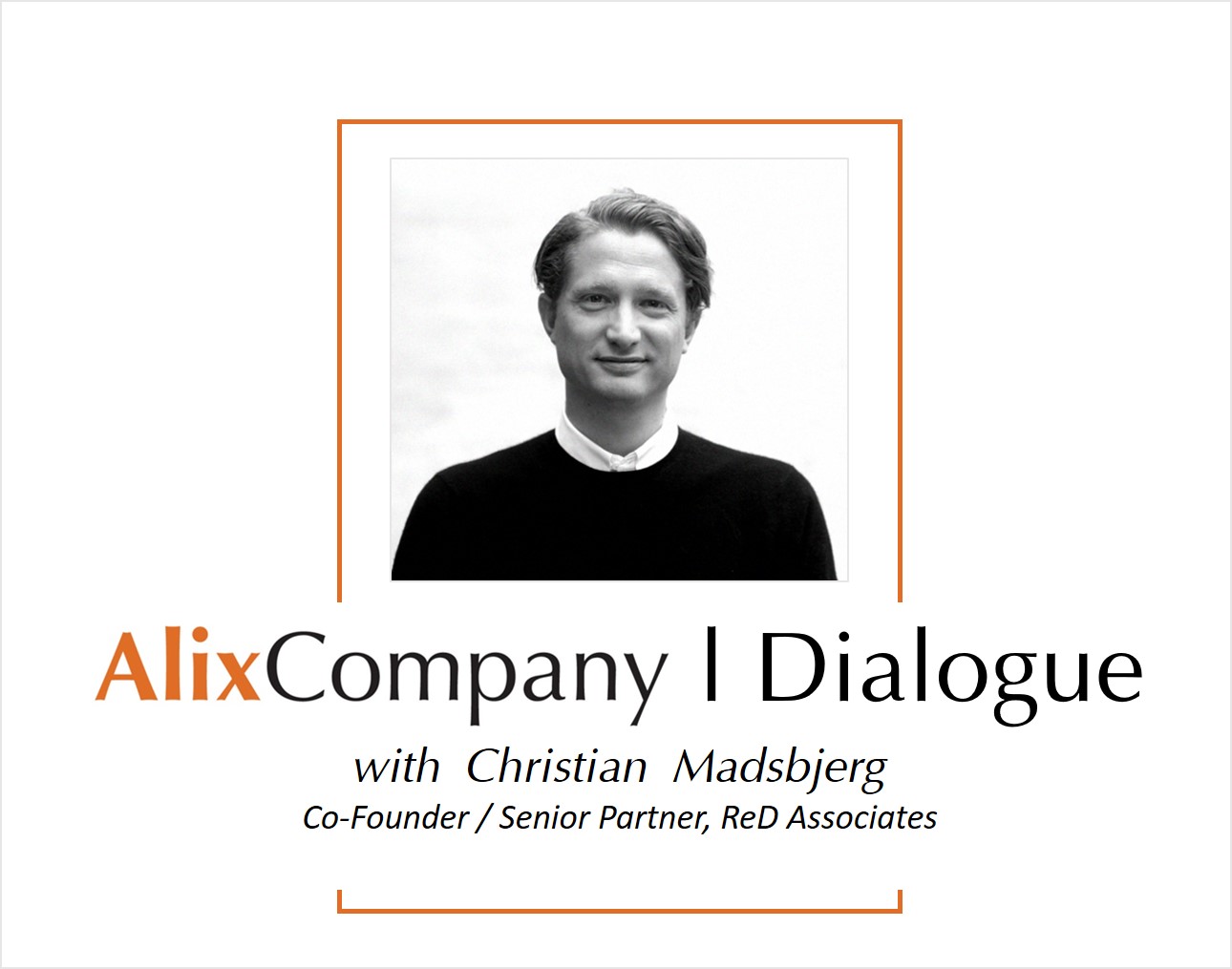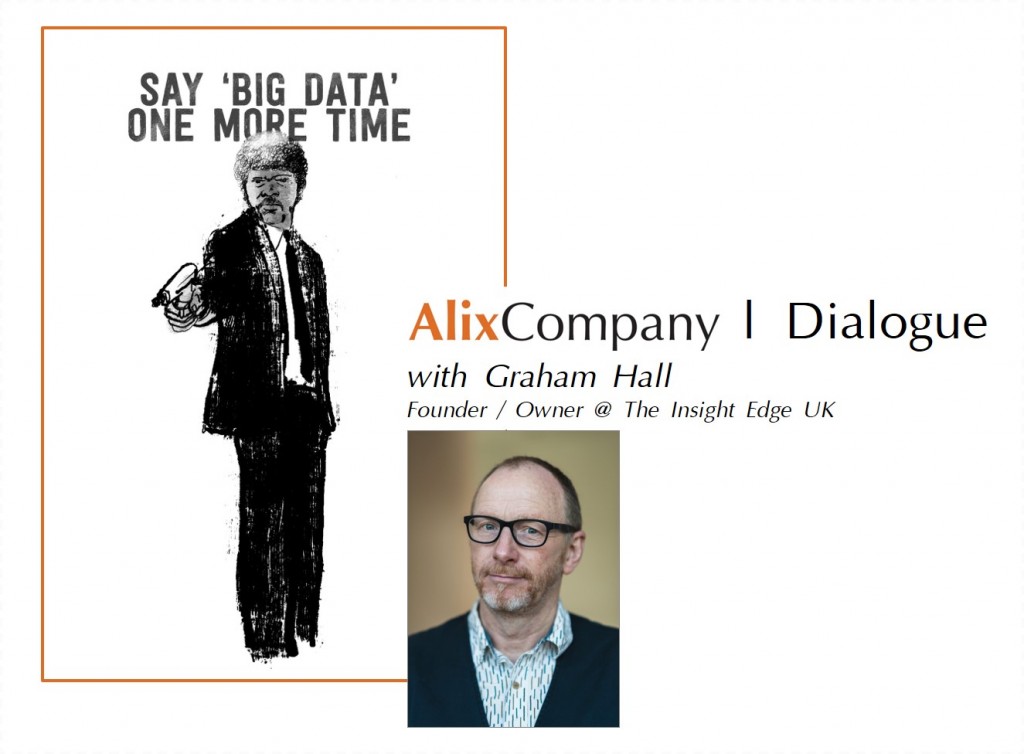Guest blogger: Tyrone Takami
Tyrone Takami is a contributing Account Planner at AlixCompany. He’s been working directly with Alix for several months and is a unique thinker. We thought you might enjoy a few thoughts from Tyrone. This post shares more on listening, our ignorances, and how we can tap into (and out of) both for better briefs.
Hi Planner-Sphere,
My conversations with Christian Madsbjerg and Graham Hall about Sensemaking and all things analogue got me thinking about the importance of listening. To find truly valuable insights I’ve got to become a more receptive listener.
Too often I catch myself thinking of possible responses to what folks are saying, rather than using that energy to listen more deeply to what’s being said in context to understand the underlying meaning of what has been shared. Listening for meaning is where we begin to observe, evaluate, assess, and empathize. This ‘Hey Lover’ song taps into the sort of empathy I’m talking about.
This is a topic that is absolutely germane to the discussion of brand planning because we have to connect with people in a way that’s relevant.
Lately, I’ve had my ear to the ground scouting techniques and methods to help guide my own big insight identification process. Of the many books on creative problem solving, one of my absolute favorites is a criminally unknown and underutilized text on problem solving. It’s not by a marketing or creative guru, but by a Brazilian Rabbi named Nilton Bonder entitled, Yiddishe Kop: Creative Problem Solving in Jewish Learning, Lore and Humor. The book is 114 pages of pithy, problem solving, Yeshiva genius.
The book covers the gamut of ways we approach problems and seek solutions in a progressive and systematic fashion – from the literal and logical to the intuitive and experimental. It embraces linear and non-linear approaches to problem solving. It provides cues for insight mining and is method-agnostic. The next time you start to mine for insights, try asking these questions as a first step:
- What are we actually talking about?
Be clear, and don’t be afraid to be ridiculously literal. It sets the stage for intuitive magic.
- What are we not talking about? What’s irrelevant?
We live in a world of information overload. Everything can be relevantly associated with everything else. But in order to penetrate for meaningful insights-it’s imperative to close the door on the non-essential.
- What pieces of evidence comprise our text?
In a way, we’re like ‘Data DJ’s’ – pulling together the choice cuts of information to convincingly narrate what’s important about what’s going on. Don’t just cite books – cite life! Places, activities and situations in culture and society are so important to get insights. Go out and see what real people are doing!
- What is the context the issue lives within?
This includes any preconceived notions as well as social, cultural, and historical context. Every day is different – and no situation is exactly the same – those differences provide the leverage to create messages that are authentic and nuanced.
—
One of the most important things Rabbi Bonder highlights is labeling ignorances – that is, in order to transcend our ignorance(s) we can reframe situations to unveil amazing options; to expediently navigate beyond our day-to-day assumptions and preconceptions about people, places, and things.
Our markets are diverse and multicultural and vital insights live in spaces sometimes / oftentimes occupied by labels, unconscious stories, and other things we use to explain and understand the world away. To transcend and reframe, as planners in charge of the coveted creative brief, we should ask:
- What kind of generalizations about the issue might lead us astray?
- What do we think we know about the product/service/brand?
- What commonly held preconceptions and assumptions do we have; individually and/or collectively?
- What don’t we know and need to learn more about?
- Context: what assumptions might we have about the topic, especially if it is related to any hot-button issues in culture or society?
I’m convinced that just by labeling ignorances and preconceived notions, great insights will come forward. That’s because much of what we do is about working with perception. How can we challenge perceptions and freshen them, redefine them, improve them?
I’m finding my insights are better stated when I put time towards digging into these questions to start. It leaves me looking into issues with fresher eyes – because when the issue is free from what it is not – it becomes a whole new thing in itself.


